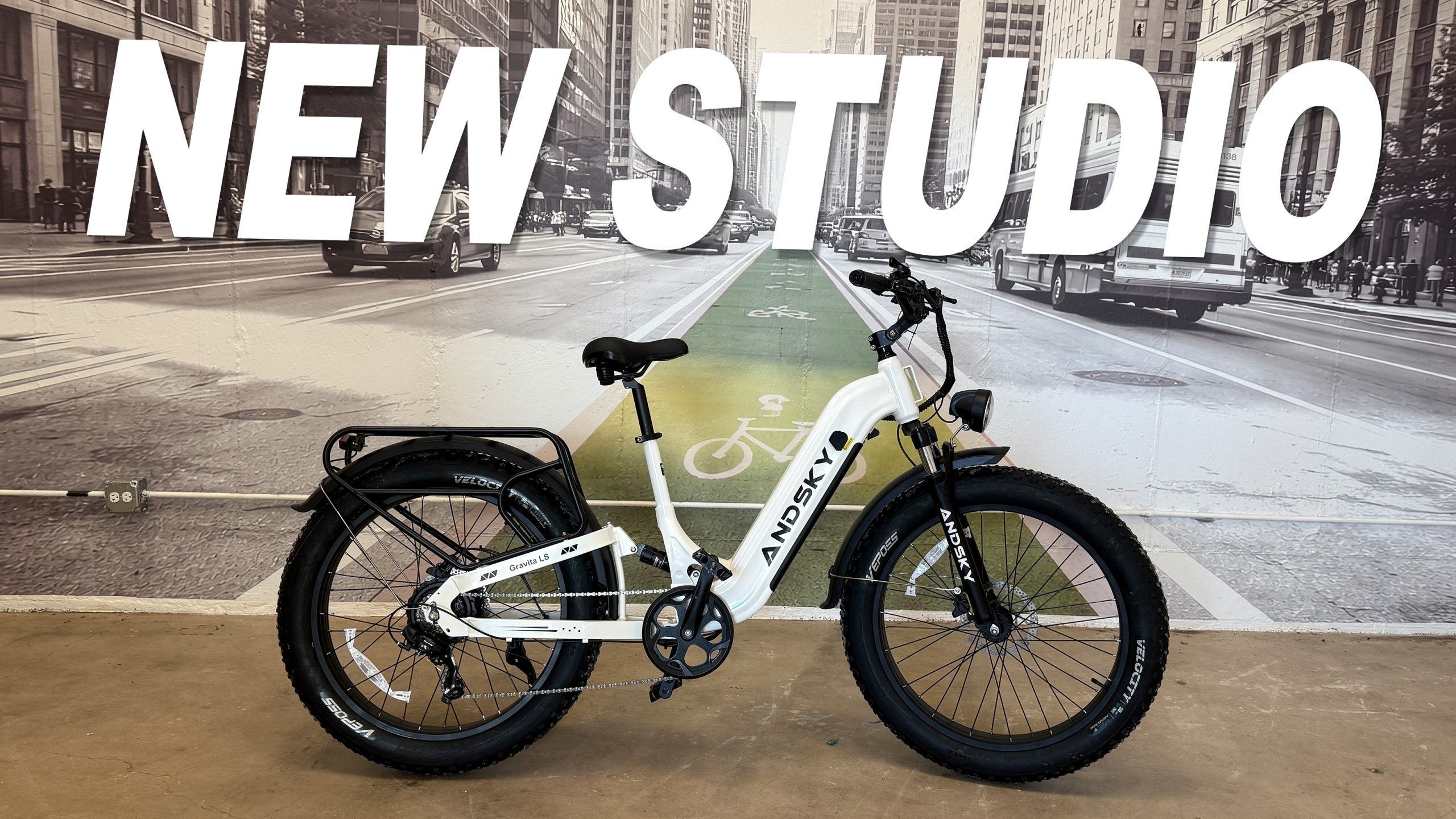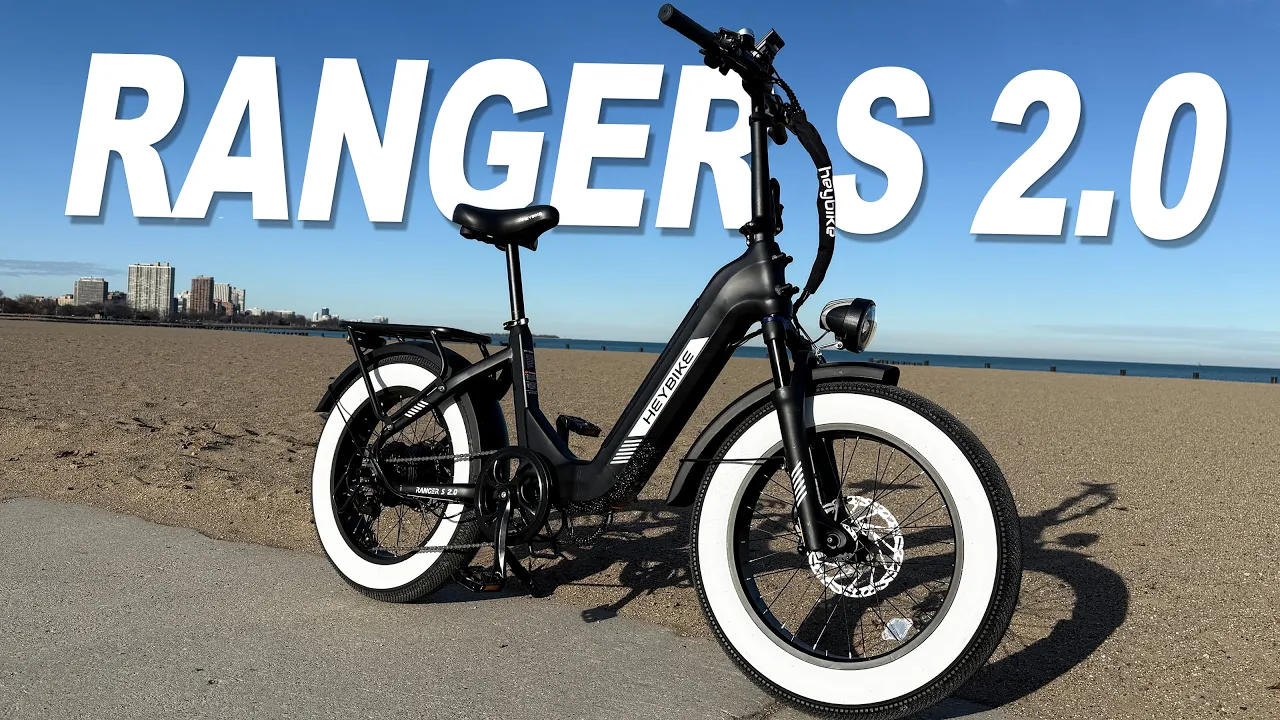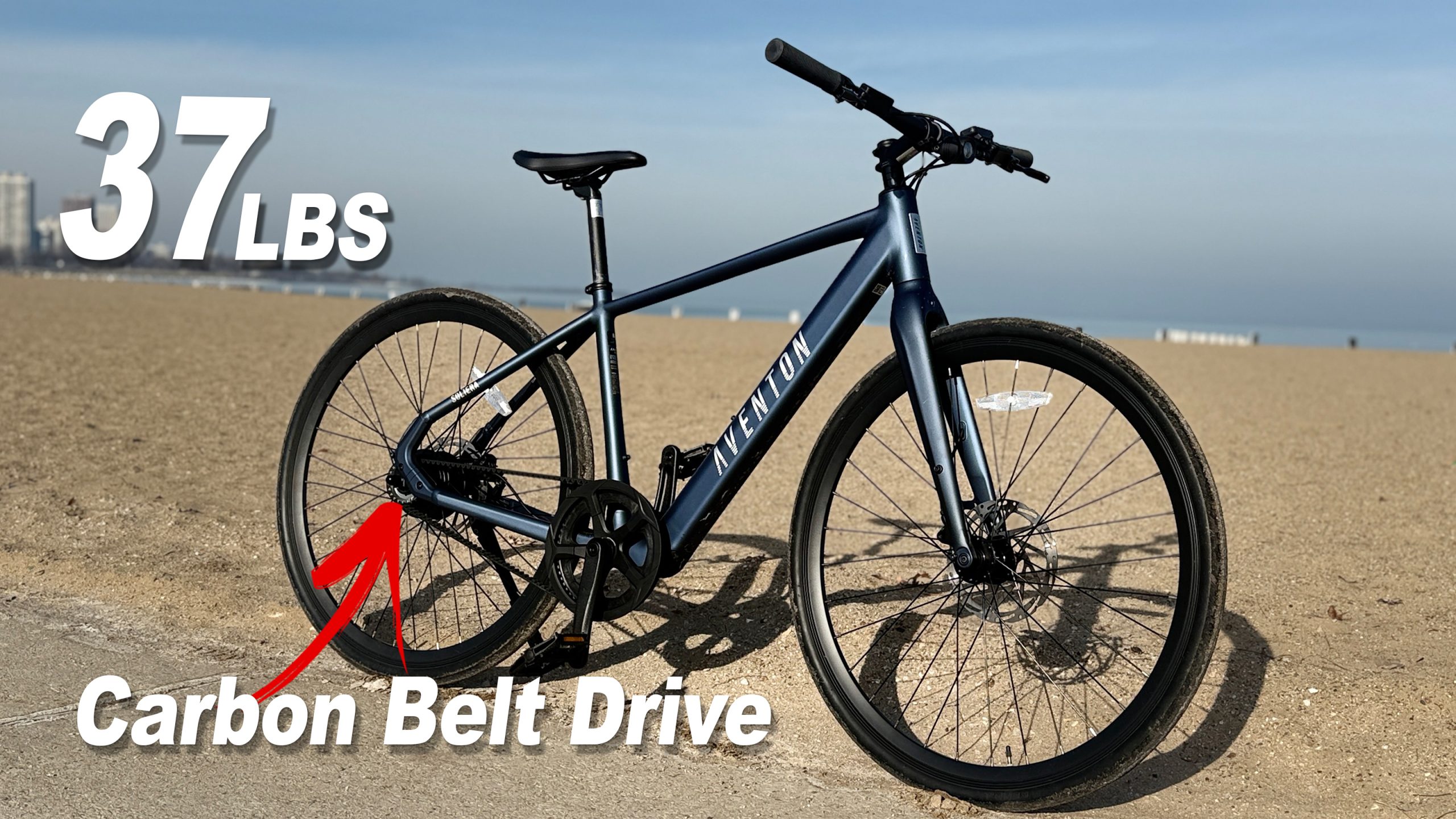AIPAS Update 2
AIPAS Update 2
AIPAS is still false advertising… Why?
AIPAS continues to develop its line of electric bikes, and recent updates have brought important insights into battery technology, safety certifications, and actual motor performance. In this blog post, we will dive into the latest APASS electric bike update, focusing on the new 21700 battery testing, the significance of UL certifications, and debunking motor power claims. Whether you’re an electric bike enthusiast or a potential buyer, this comprehensive overview will help you make an informed decision.
What is the 21700 Battery?
The 21700 battery is a type of lithium-ion cell that offers higher capacity and better performance compared to the older 18650 battery cells commonly used in electric bikes. AIPAS promised to send me a 21700 battery, and after a long wait through customs, the 21700 cell has finally arrived for testing.
Why the Battery Testing Matters
Battery technology directly impacts the range, durability, and overall efficiency of electric bikes. By comparing the new 21700 battery with the previous 18650 batteries, AIPAS aims to enhance user experience through longer rides and better power management. This upcoming test will also include an inside look at the battery pack to verify the authenticity of the 21700 cells. AIPAS claims the 18650 cells perform better than the 21700 cells.
Initial Impressions and Testing Approach
First I will focusing on real-world performance differences between the two battery types. The goal is to provide an honest assessment of whether the 18650 cells perform better in distance than the 21700 cells that AIPAS claims were replaced after rigorous testing.
What is UL Certification?
UL (Underwriters Laboratories) certification is a safety standard that ensures electrical products meet rigorous safety guidelines. For electric bikes, this certification is crucial as it guarantees that the battery and electrical components are tested to prevent hazards such as overheating, short circuits, or explosions.
AIPAS Achieves SGS testing to UL Certification Standards for M1 and M2 Pro Models
AIPAS has successfully obtained certification through SGS stating that the M1/M2 Pro has been tested and meets the UL Certifications. Although not certified through UL themselves, SGS is used by many companies to ensure their bikes meet the UL Certification standards.
Why UL Certification Matters to Consumers
Safety is a top priority for electric bike users, especially when dealing with high-capacity batteries and powerful motors. UL certification not only validates the quality of the components but also increases the brand’s credibility in a market crowded with uncertified products.
Clarifying Motor Power Claims: What You Need to Know
AIPAS claims that their M1 and M2 Pro bikes feature a 1300W motor with a peak power output of 1800W. While this sounds impressive on paper, the reality is more nuanced.
Analyzing the Controller and Battery Limits
The motor controller on these bikes is rated at 25 amps, and the battery delivers 54.6 volts when fully charged. Multiplying these values (voltage × current) gives a maximum continuous power of approximately 1365 watts. This means the bike’s system cannot sustain the claimed 1800 watts peak power due to controller limitations.
What AIPAS Has to Say
When confronted with this discrepancy, AIPAS responded by stating that while the motor itself can handle higher power, the controller restricts output to 25 amps, thus capping the power delivered to the wheels. Essentially, the motor’s peak wattage is limited by the controller’s capacity. On their website, they show the M1/M2 Pro comes with a controller that has a max of 37 amps, which is not true. The reviewer has had conversations back and forth with AIPAS about this and as of Nov 22, 2025, they still show 37 amps in the specs of the M1/M2 Pro and Ultra models which is misleading consumers.
Why Transparent Specifications Matter
Accurate specifications help buyers set realistic expectations about performance. Overstating motor power can lead to disappointment and mistrust. The reviewer appreciates AIPAS bikes’ value but urges the company to provide honest specs to maintain customer confidence.
What to Expect in the Next Review
The next video review will focus on the AIPAS M1 Pro Step-Through model, testing it with both the original 18650 batteries and the new 21700 battery pack. This side-by-side comparison will reveal any performance improvements, range differences, and potential trade-offs between the two battery types.
Inside Look at Battery Construction
The review will also include opening the battery pack to verify the use of genuine 21700 cells, ensuring the product matches AIPAS’s claims. This transparency is essential for consumers who want to know exactly what powers their e-bike.
Final Thoughts on the APASS Electric Bike Update
The main concern remains the accuracy of motor power claims. Clear communication from manufacturers prevents misinformation and helps build trust with customers. Even when presented with the facts, AIPAS claims the hub motor is in fact an 1800w motor but the controller does not allow the motor to reach its full potential.
AIPAS initially claimed their bikes use 21700 battery cells and after it was revealed they were 18650 cells instead. AIPAS said they switched battery cells due to better performance out of the 18650 cells over the 21700 cells but initially didn’t change that information on the website. Currently, AIPAS no longer claims 21700 cells in their batteries of the M1/M2 Pro and Ultra versions.







